WildGenes Blog - Working with elephants in Cambodia part 2
04/08/2016 in Conservation
Following on from Helen’s WildGenes update in June, I’m pleased to say that lab work on the Asian Elephant samples is now in full swing at the Royal University of Phnom Penh (RUPP) in Cambodia.
As soon as the reagents arrived we started training the lab technicians at RUPP along with a couple of staff members from WWF Cambodia and Fauna and Flora International.
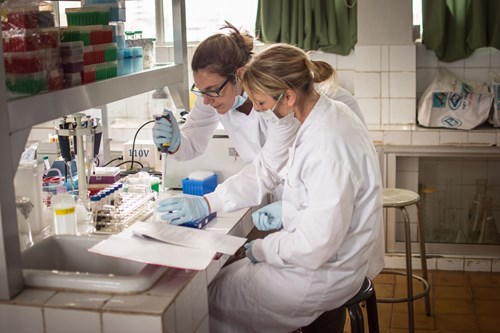
(Jenny training Rachel in pipetting techniques.)
Every day during our visit we took a Tuk-Tuk to the University, which was quite a novel way to get to work! Once there we climbed the five flights of stairs to the lab and would begin another day of training and discussion.
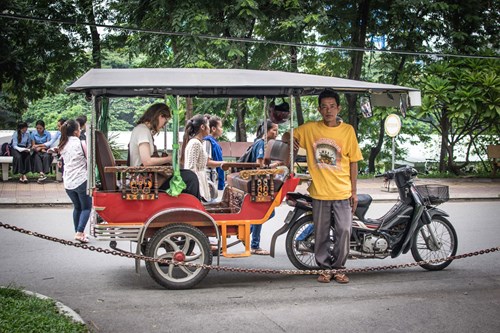
(Our Tuk-Tuk driver waiting while Helen finds some change!)
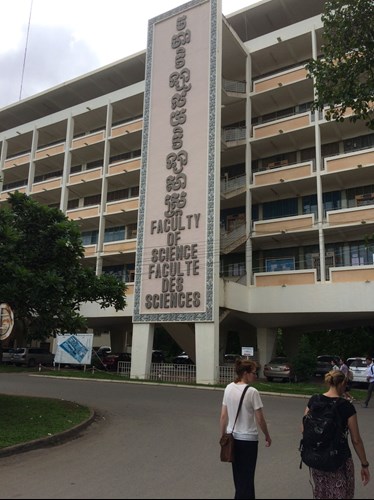
(The Royal University of Phnom Penh (RUPP) – Faculty of Science.)
Even though the technicians in the molecular genetics lab at RUPP had a lot of previous training, it was important to make sure they could reproduce the techniques we had developed back in the RZSS Wildgenes Lab in Edinburgh, as these had not been used in the RUPP Lab before. Together we worked through protocols we had developed to extract DNA from elephant faecal samples collected out in the field.
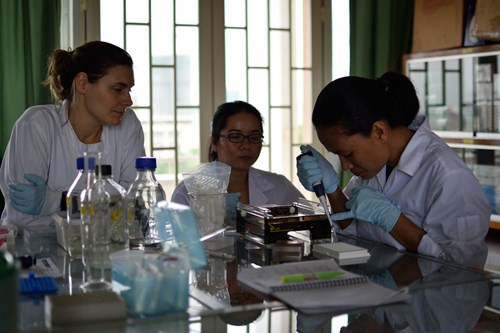
(Chanrith loading a gel while Jenny and Chansorphea look on.)
Once the DNA is extracted it will be run through a panel of microsatellite genetic markers. These will provide us with data that will allow identification of different individuals in the remaining populations. This data will allow Fauna and Flora International (FFI), Worldwide Fund for Nature (WWF Cambodia) and the Wildlife Conservation Society (WCS) who jointly established and fund this project, to learn more about the movement and behaviour of elephant populations in this area. Ultimately this will be of great importance, informing future management decisions on the monitoring and protection of remaining population of around 600 Asian elephant in Cambodia.
We are now back in the RZSS WildGenes lab at Edinburgh Zoo and are holding weekly skype meetings with the RUPP team as they work through over 1000 samples of elephant dung – no mean feat!
I personally really enjoyed meeting all the lab staff in the molecular lab at RUPP, and look forward to continuing to work with them from here in the RZSS Conservation Department, Edinburgh.
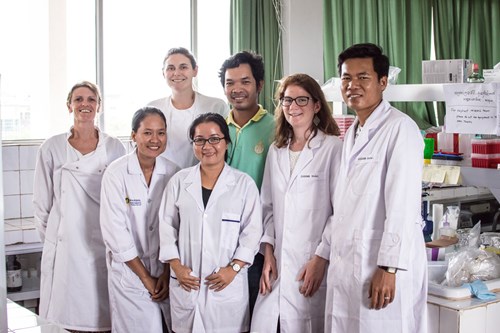
(The Team - Back row L-R: Rachel Crouthers (WWF Cambodia), Jenny Kaden (Senior Lab Technician, RZSS WildGenes), Saveng Ith (Lab Manager, RUPP), Helen Senn (RZSS WildGenes Programme Manager), Chantha Nasak (FFI). Front row L-R: Chanrith Phoeurk (Senior Technician, RUPP), Chansorphea Srey (Technician, RUPP).)
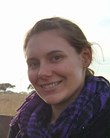 All the best,
All the best,
Jenny Kaden
Senior Lab Technician
RZSS WildGenes Laboratory
Featured Articles

An update from the Budongo Forest
19/04/2024 in Conservation
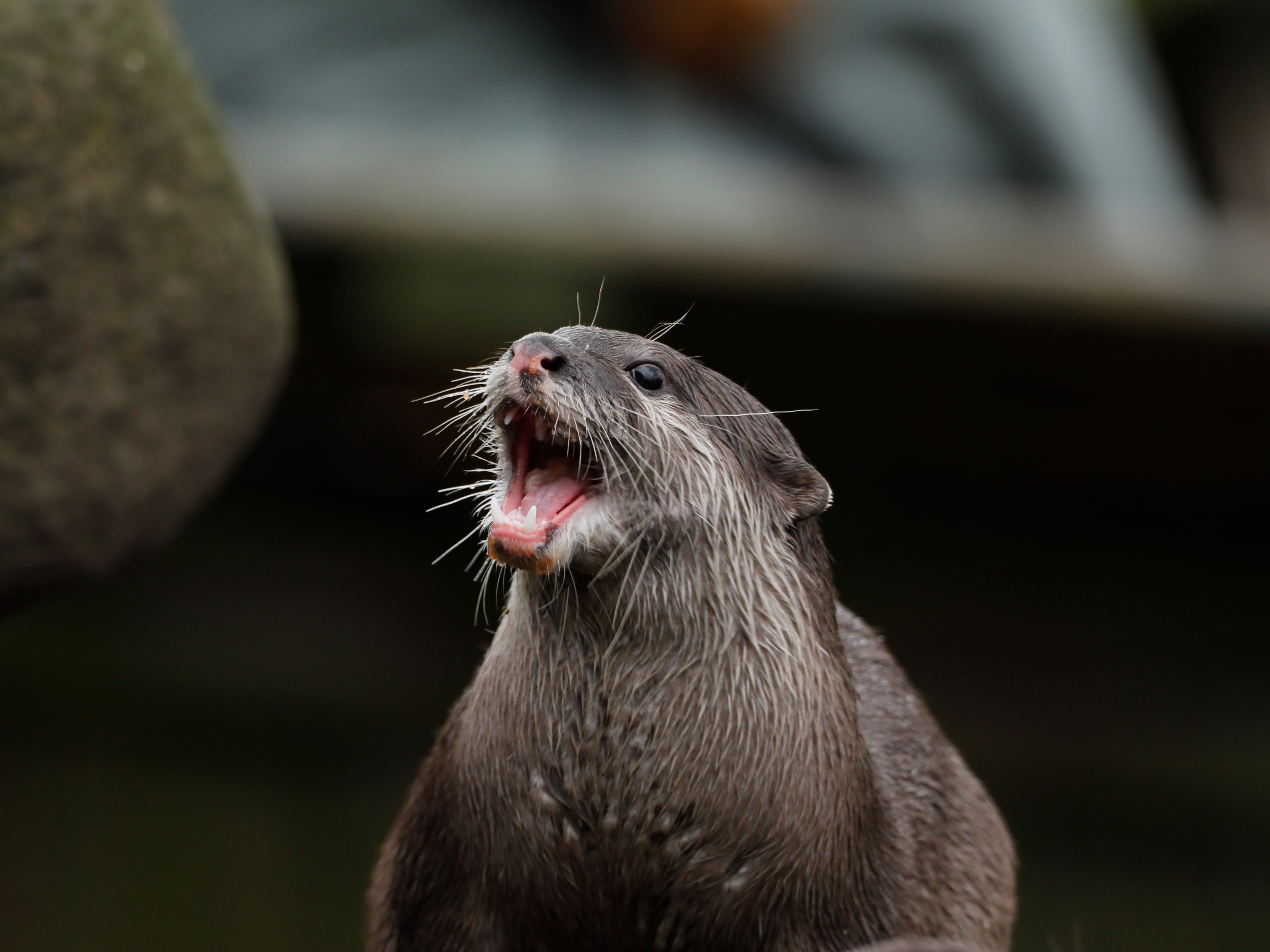
Edinburgh Zoo named best zoo in Scotland
15/04/2024 in Edinburgh Zoo
Latest News
-
Blog

20/01/2024
Penguin Awareness Day 2024
Edinburgh Zoo is home to the largest outdoor penguin pool in Europe, with three different species and over 100 individuals. This penguin awareness day get to know some of the famous faces in the colony who you can also watch live on our penguin cam.
-
Blog

21/09/2023
Tracking penguins in the Southern Oceans
Earlier this month at the 11th International Penguin Congress in Viña del Mar, Chile, Dr Heather Ritchie-Parker, one of our conservation charity’s research scientists, presented important data which explores the connectivity between endangered Northern rockhopper penguin colonies.
-
Blog

30/08/2023
A library for genetics
In a hidden area within the Royal Zoological Society of Scotland’s (RZSS) Edinburgh Zoo, the RZSS WildGenes Biobank preserves important genetic material for conservation research and population management.
-
Blog

24/07/2023
What’s on the menu for the European wildcats
European wildcat is a secretive species, and so it is difficult to observe their hunting and feeding behaviour in the wild. Analysing their scats is an alternative way to find out what they eat and therefore how they fit into the ecosystem. RZSS WildGenes scientists developed a technique to detect DNA of different prey species in scat samples.

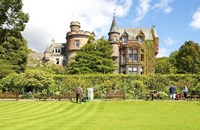
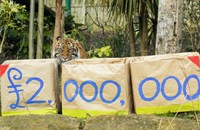
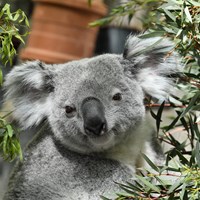
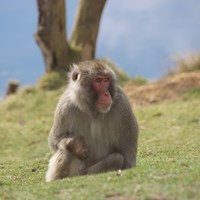
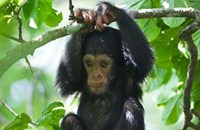
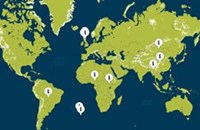
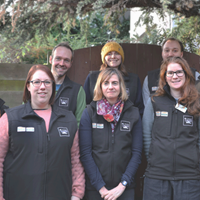
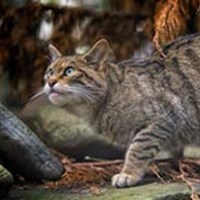
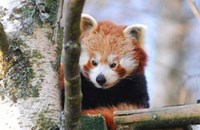
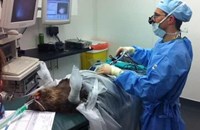
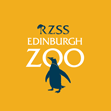
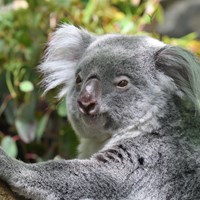
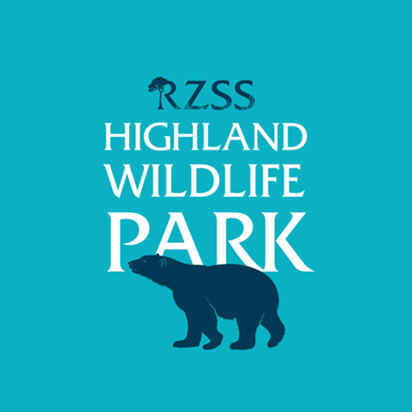
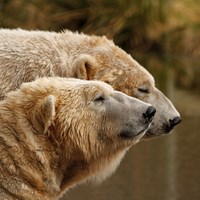
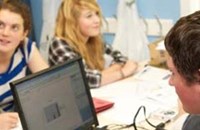
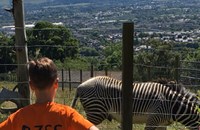
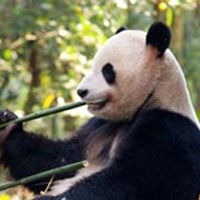
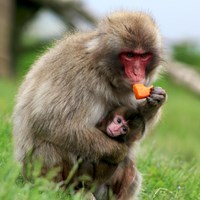
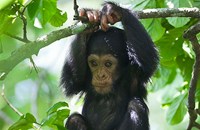
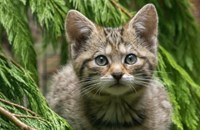
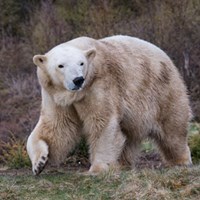
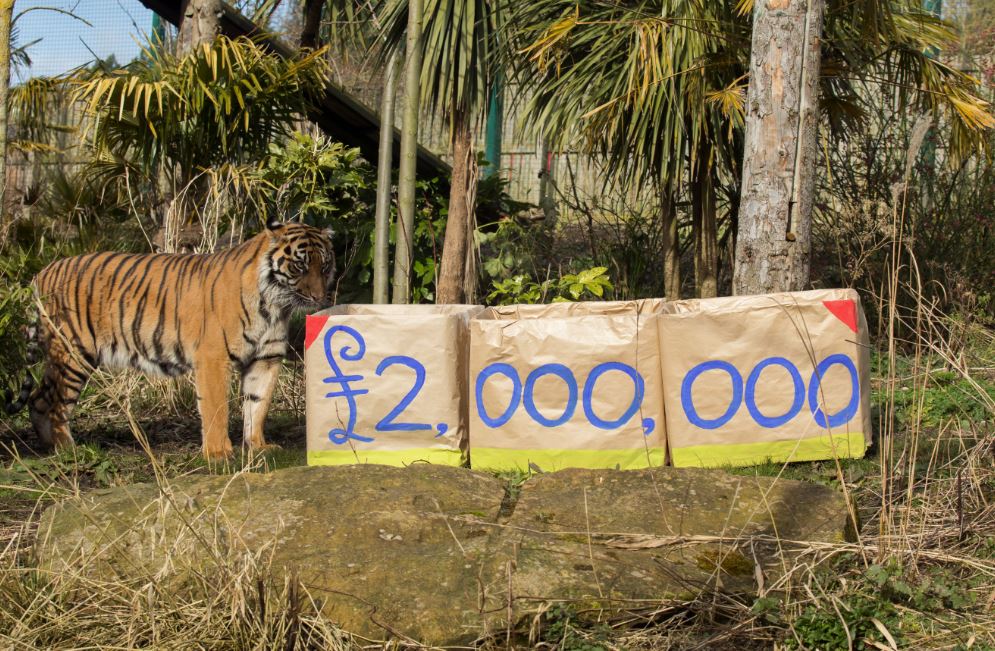
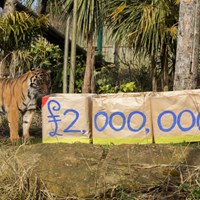
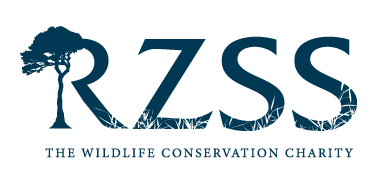
Follow EZ